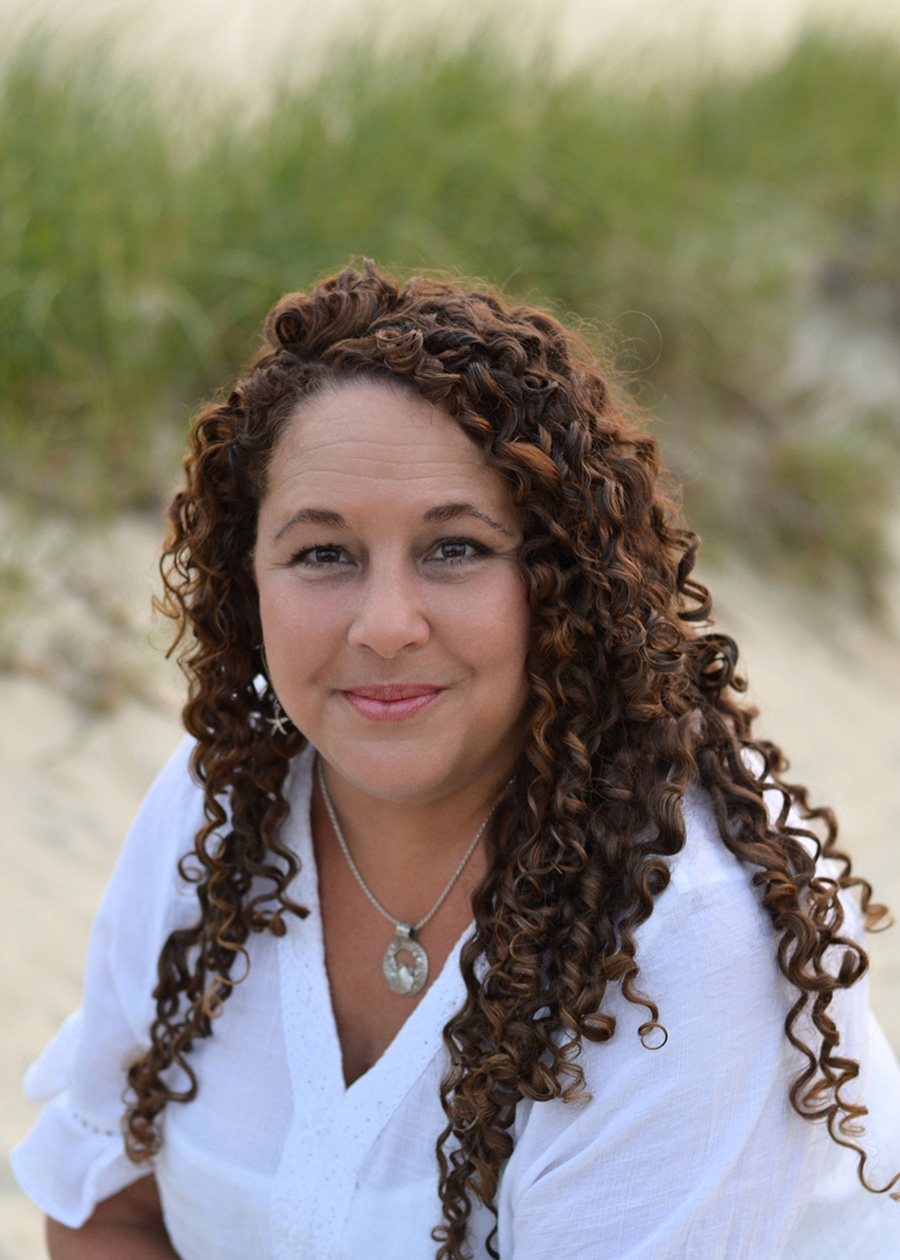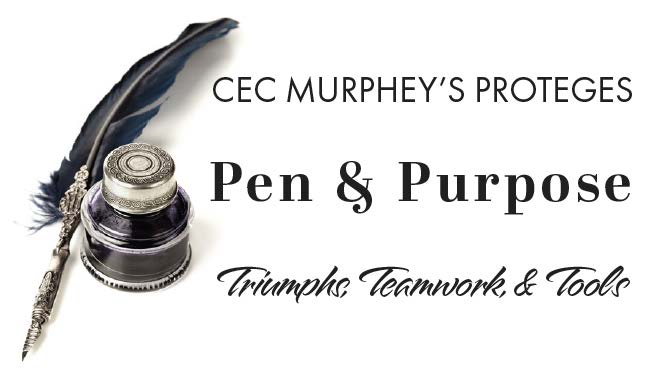
5 minute read
The Heart of the Interview
Permissions, Please
Some publishers require authors to provide written permission from interviewees or those they quote or write about. It’s wise to protect yourself rather than risk delayed or denied publication or a lawsuit because you don’t have written (or recorded audio) permission.
Before you host an interview, confirm that potential guests have consent to share and that you have permission to publish from any entities with jurisdiction over them. If they mention anyone, including family, verify they have the right to share and can also back up their statements. You don’t want to interview a wonderful guest and then get denied permission to publish.
It’s easier and less time-consuming to ask for signed consent before an interview or at its conclusion rather than later. The longer we wait, the higher the chances of an interviewee being unable to be reached or becoming hesitant, especially if they don’t remember everything they said.
Since I started researching my book, four of my interviewees have died. Securing written permission from interviewees to publish what they share helps avoid potential problems or delays if family members or others question the validity or use of the content.
Sometimes, authors choose to create their narrative to convey information without revealing the source’s identity if they didn’t receive consent to quote or include them in their work. For example, I could state the following fact based on my conversations with those who experienced this without naming anyone: “Ten years after integration, some Black high school athletes still encountered derogatory name-calling as they exited the bus to play at rival schools for away games.”
Permission to include content from or about people in a book may require more detail than that for other mediums, such as podcasts, blogs, magazines, or newspapers. Some publishers provide authors with a release form for their subjects to sign.
• Seek qualified legal counsel on permissions forms and writers’ rights (which is not what I’m offering here), though I’ll share what I do.
• Avoid legalese. Some interviewees may not be versed in legalese, and neither am I. Therefore, I’ve made my permissions forms easy to understand.
• Please include a wide range of uses in your permissions form. I want to avoid contacting my interviewees if opportunities arise to use their words in a new publication or format.
Some hosts record audio permission from their guests at the beginning of their interviews. When the purpose of an interview is to publish the content as an online article or audio/video presentation, I’ve included this clause in my letter of invitation:
“By participating in this interview, I consent to Rachael M. Colby’s use of the content of our conversations without compensation to any works she may create or contribute.”
Additions to the above clause may include using their name and photo. As a courtesy, I sometimes ask if they’d like to see the work before publication.
Permission Form Example
Here is an example of a permission form I’ve used for those who have shared their insights and stories about my nonfiction work in progress.
I ______________________ grant permission to Rachael M. Colby to use the content of our conversations, correspondence, and any material I provide, in whole or in part, in audios, books, videos, movies, online and print articles, contests, speaking engagements, on online platforms, and any other forums or publications, on social media, on her website TattooItOnYourHeart.com, in graphics, promotional materials, and in any other new or derivative works she may create, contribute to, participate in, distribute and/or publish worldwide henceforth.
Anonymous or Not
In my permission form, I offer interviewees the option of being anonymous. Sending interviewees a copy of the conversation and inviting them to add, correct, or remove anything they’re uncomfortable with may ease any concerns and build their trust.
One of my interviewees requested anonymity in my articles and work in progress. However, after reading a few articles in my series, he said I could use his name and signed my consent form.
The safety of my interviewees who serve in dangerous places and shielding others from backlash is important to me. In articles featuring quotes from multiple people, I’ve advised anonymity for a specific quote that needed to be heard but risked exposing the interviewee to adverse responses or repercussions. In other instances, an interviewee has requested this. I’ve refused to post pictures or content that could reveal the identity or location of people who live in an environment hostile toward their work. In hindsight, I’m grateful I leaned toward caution.
My goals for my interviews and writing are to be a beacon for truth with love, a bridge for reconciliation, an instigator of positive change, and a foster of faith and hope. I want to give my interviewees a voice and serve them and my audience well.
Author, Rachael M. Colby
Rachael M. Colby has a heart for reconciliation and a passion to uplift those who serve in tough places. She writes to connect cultures’ questions with Christianity’s answers, inspire faith, and motivate. This Jamaican-born multi-genre award-winning writer, wife, and mom resides in Cape Cod, Massachusetts, and runs on coffee and chocolate.








